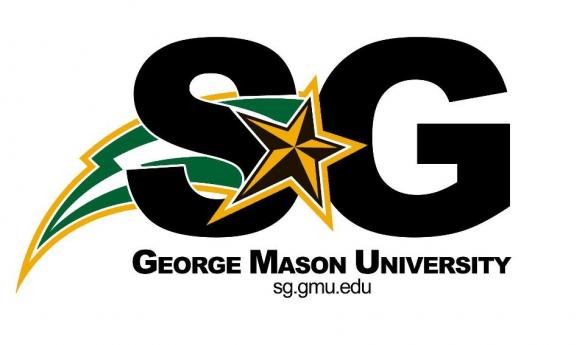Student government to expand advertising for next year's election
On April 4, 30 senators were elected in the student government elections as well as a new president and vice president. The election this year was competitive for senators, with 41 candidates running for 30 seats.
Some student government officials believe that additional advertising for the election helped increase the number of candidates running.
Though there were a large amount of senators running, candidates for presidential and vice presidential offices ran unopposed on the ballot except for a write-in ticket. Jordan Foster and Samantha Wettasinghe ran as a ticket for executive office, receiving 796 votes. Donald Garrett and David Noyes ran as write-in candidates, receiving 32 votes. The Elections and Disputes Committee hopes to change that next spring.
“Advertising is definitely important, especially with such a large student body,” Greg Mercer, chairman of the EDC in student government, wrote in an email. “It’s always a formidable challenge to try to reach everyone at Mason, so we try to advertise as effectively as we can within our budget.”
Along with advertising, the EDC increased student elections involvement by extending the amount of time candidates could turn in their filing documents. Each candidate had to pick up a packet, which included getting 150 signatures, and return it within two weeks. Last spring, candidates had one week to turn in the packets, which caused trouble for prospective candidates.
“In the past we allotted one week for this process, but this time around we decided to place a lot of emphasis on the packets, to encourage as many people to run as possible, and allowed two weeks before the packets were due back,” wrote Mercer. “We were happy with this and plan on using that system in the future.”
Organization of the election also added to its success. Candidates were required to attend a series of meetings or would be penalized by the EDC.
“We try to keep the elections as orderly as possible, which means having to set up rules and punishments,” wrote Mercer. “In the case of the candidate meeting (the only mandatory meeting), we wanted to make sure that all of our candidates were familiar with the code, so that they wouldn’t accidentally violate the rules, many of which are based on the rules of other departments.”
From now on, the EDC plans to keep up the increased amount of advertising for future elections, believing it to be essential for Mason students to be aware of the opportunity to vote for their representatives.
In order to increase voter turnout, the EDC will be planning to hand out giveaways in kiosks to help advertise the election.
“Looking forward to next spring, we’re hoping to return to having several executive tickets and as many senate candidates as possible, since more candidates always means more voters,” wrote Mercer.
Until then, the EDC will be planning ways to improve the election process, including expanding on advertising.
“The student senate recently passed a bill that gave the EDC an increased budget, so we’re planning on using that money as effectively as we can,” wrote Mercer.

